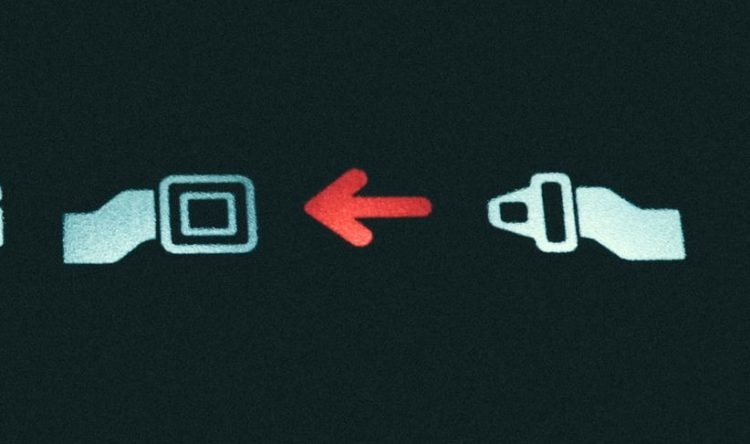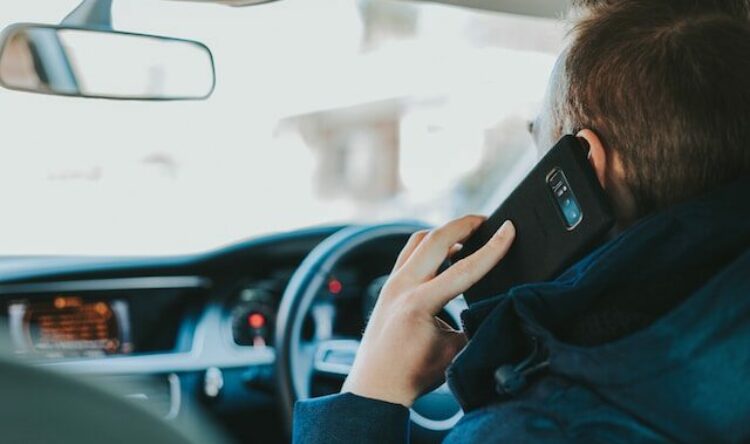Traffic officers equipped with body cameras
National Highways rolls out new equipment to their officers
Traffic officers patrolling National Highways’ roads now have body-worn cameras.
It is a first for the officers and comes after an increasing amount of abuse and even violence toward them.
In just one year, National Highways recorded 214 incidents of intimidating behaviour, assault or abuse against traffic officers. These took place between January 2020 and 2021 despite the impact of the Covid lockdowns on traffic numbers.
It’s a wrap
The roll-out began in 2021, now all officers possess the cameras for their work.
Studies have shown that the presence of a camera can reduce the potential for confrontation. Should an incident occur, they provide vital evidence for police investigations and prosecution.
Help at hand
National Highways traffic officers are there to keep people safe and help the roads network run smoothly. Those that patrol the network are often first on the scene if there’s an incident. They also help reopen roads by clearing obstructions and spills, helping with broken-down vehicles and supporting the emergency services.

Caption: Wearing one of the new body-worn cameras is traffic officer Chris Freeth
But despite their primary role being to help, abuse is becoming an increasing problem. Shouting, foul language, throwing objects, threats and even physical attacks take place.
In one clip, a lorry driver, annoyed that traffic was at a standstill due to a vehicle running out of fuel, drives towards the traffic officer. The HGV can be seen stopping a short distance in this footage . The driver later apologised.
In the second incident here, a traffic officer is confronted by a man delayed by an incident on the motorway. He is convinced the traffic is being held unnecessarily.

Caption: The behaviour of an upset road user is caught on camera, watch the footage here
Already working
Meanwhile traffic officer Chris Owen has already discovered how important the cameras can be. Apparently intoxicated, the pedestrian was ‘walking home to Preston from Manchester’ between Junctions 8 and 9 on the M61. She becomes increasingly aggressive. When the police arrived, she then made allegations against the officer of inappropriate behaviour.
Chris, a traffic officer of six years, said:
“Fortunately the camera could prove that was not the case… It is reassuring to have that back-up.
“Using the cameras can actually de-escalate some situations. Previously people would shout abuse or get angry knowing their actions would not come back on them. Now there is footage.”
Unnecessary and frustrating
Although infrequent, complaints against traffic officers have previously relied on all parties giving statements. Often this leads to conflicting reports and therefore lengthy and time-consuming investigations. The cameras will provide an accurate account of events.
National Highways Customer Service Director, Mel Clarke, said:
“Like a seat-belt, we hope the camera isn’t needed, but it will be there if necessary.
“Our traffic officers should not have to face abuse or even threats while simply doing their job – which is to help people and keep our roads moving.
“We want to reassure them, and warn anyone who thinks such abuse is acceptable, that we will do all we can to support our traffic officers and vigorously pursue justice for any criminal activities directed towards them.”

Caption: The VB400 body worn camera
Proven
The cameras are the the same as those used by police officers and NHS England’s ambulance trusts.
It is costing some £500,000 to roll out across the team of traffic officers. They are designed to withstand rigorous use and capture high-quality video and audio in all weather and light conditions. Recorded video is uploaded to the cloud, providing footage which is admissible in court.





